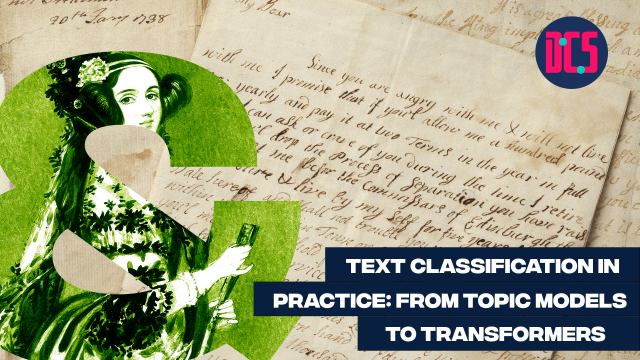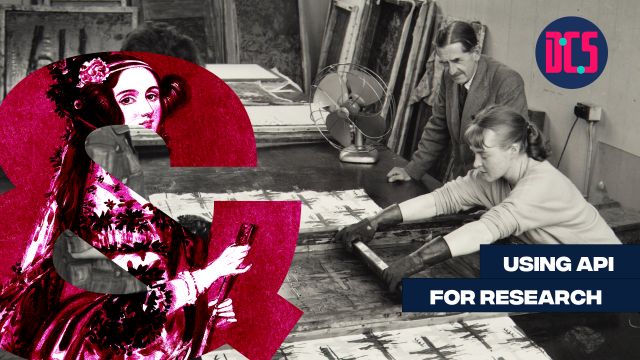CANCELLED - Library Carpentry Workshop: Introduction to Python for Libraries
* This workshop has been cancelled - apologies for the inconvenience caused. *
This workshop is an introduction to programming in Python for librarians with little or no previous programming experience. It uses examples that are relevant to a wide range of library use cases.
Topics covered:
- Running Python Programs
- Variables and Assignment
- Data Types and Type Conversion
- Built-in Functions and Help
- Lists
- For Loops
- Writing Functions
- Variable Scope
- Conditionals
- Programming Style
Requirements: Please bring a laptop with a Mac, Linux, or Windows operating system (not a tablet, Chromebook, etc.) that you have administrative privileges on. Please make sure that your web browser is up to date.
-
Attendees need to understand what files and directories are, what a working directory is, and how to start a Python interpreter from a terminal window.
-
Attendees must install Anaconda before the workshop begins.
- - -
This workshop is part of a programme of Library Carpentry workshops.
The Centre for Data Culture and Society is offering a limited number of places on our Library Carpentry course, run in partnership with the Centre for Research Collections and the National Library of Scotland.
Library Carpentry will introduce you to the fundamentals of computing and provide you with a platform for further self-directed learning. You can choose to attend the full programme of workshops, or to participate only in workshops that are useful to you (workshops will be advertised individually).
The course focuses on building software and data skills within library and information-related communities. This programme aims to help you to:
- automate repetitive, boring, error-prone tasks
- create, maintain and analyse sustainable and reusable data
- work effectively with IT and systems colleagues
- better understand the use of software in research
- and much more
Previous knowledge of the tools to be presented at sessions is not required.
Full programme outline:
- Introduction to Working with Data (Regular Expressions)
- Tidy Data for Librarians
- OpenRefine
- The UNIX Shell
- Introduction to Python for Libraries
- Introduction to R for Libraries
To book a place on another of the above workshops, see our other events advertised.
Click here for more information about the Library Carpentry programme.












